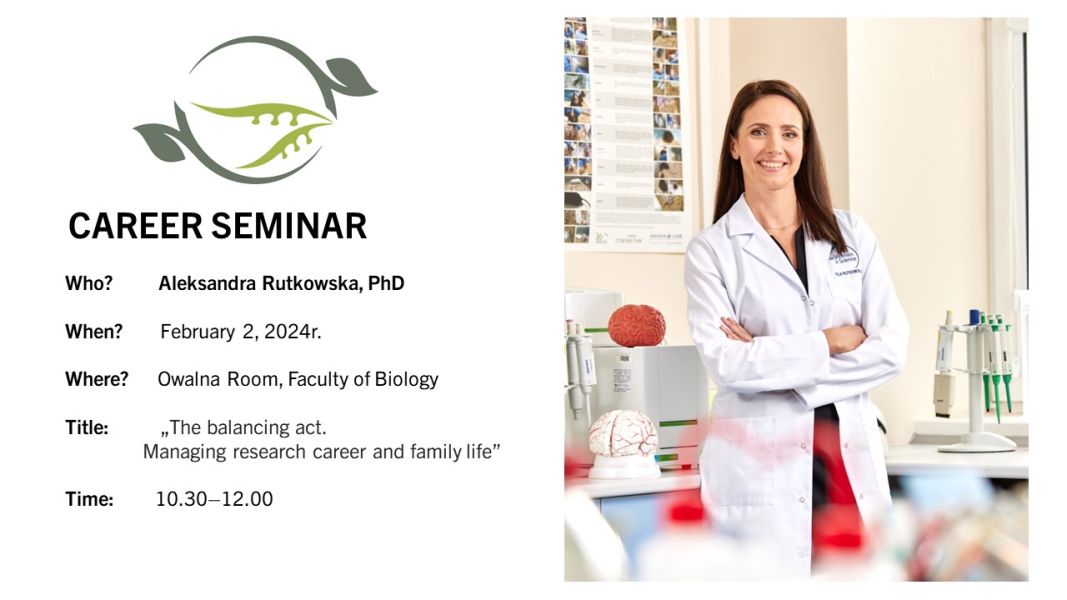Aleksandra Rutkowska PhD
PI, Department of Anatomy and Neurobiology and
Deputy Head at the Brain Diseases Centre at Gdańsk, Poland.
Bio: Ola Rutkowska earned her master's degree in Neuroscience from Trinity College Dublin in 2010. Her doctoral research in Molecular Neuropharmacology, also at Trinity College Dublin, was co-funded by the Irish Research Council and a Swiss pharmaceutical giant – Novartis. This unique collaboration enriched her expertise in both academic scientific research and the pharmaceutical industry. During her doctoral studies, Ola focused on understanding the EBI2 receptor's expression and function within the CNS. She discovered EBI2 receptor in astrocytes, unraveled its role as an immune modulator in the CNS, and shed light on its involvement in myelination.
During her post-doc at St. Jamses’ University Hospital in Dublin, she joined a JPND-funded project BiomarkAPD in which she focused on biomarkers for dementia diagnosis, subsequently leading her to explore less invasive alternatives to cerebrospinal fluid sampling, such as blood-based biomarkers and setting up her own startup Labertis Scientific.
Throughout her career, Ola has secured various grants and funding opportunities. In 2015 she received the POLONEZ grant from NCN and returned to Poland after over 11 years spent in Ireland and Switzerland. In Gdansk she started her own research group at the Medical University of Gdansk. Subsequently, she received the OPUS grant and recently a SONATA. This year Ola has also received the Ministry for Science and Education scholarship for exceptional young scientists and the L’Oreal-UNESCO for Women in Science award.
Currently, Ola is an Assistant Professor at the dept. of Anatomy and Neurobiology, a PI, and the Deputy Head at the Brain Diseases Centre at MUG. She leads a team comprising four PhD and two master's students working on projects spanning a range of topics including myelination and the pathophysiology of the BBB and targeting a number of receptors and channels such as EBI2, Piezo1, GPP65, GPR4, GPR68.
Link: https://www.ncn.gov.pl/aktualnosci/2023-12-13-rozmowa-pacia-rutkowska


